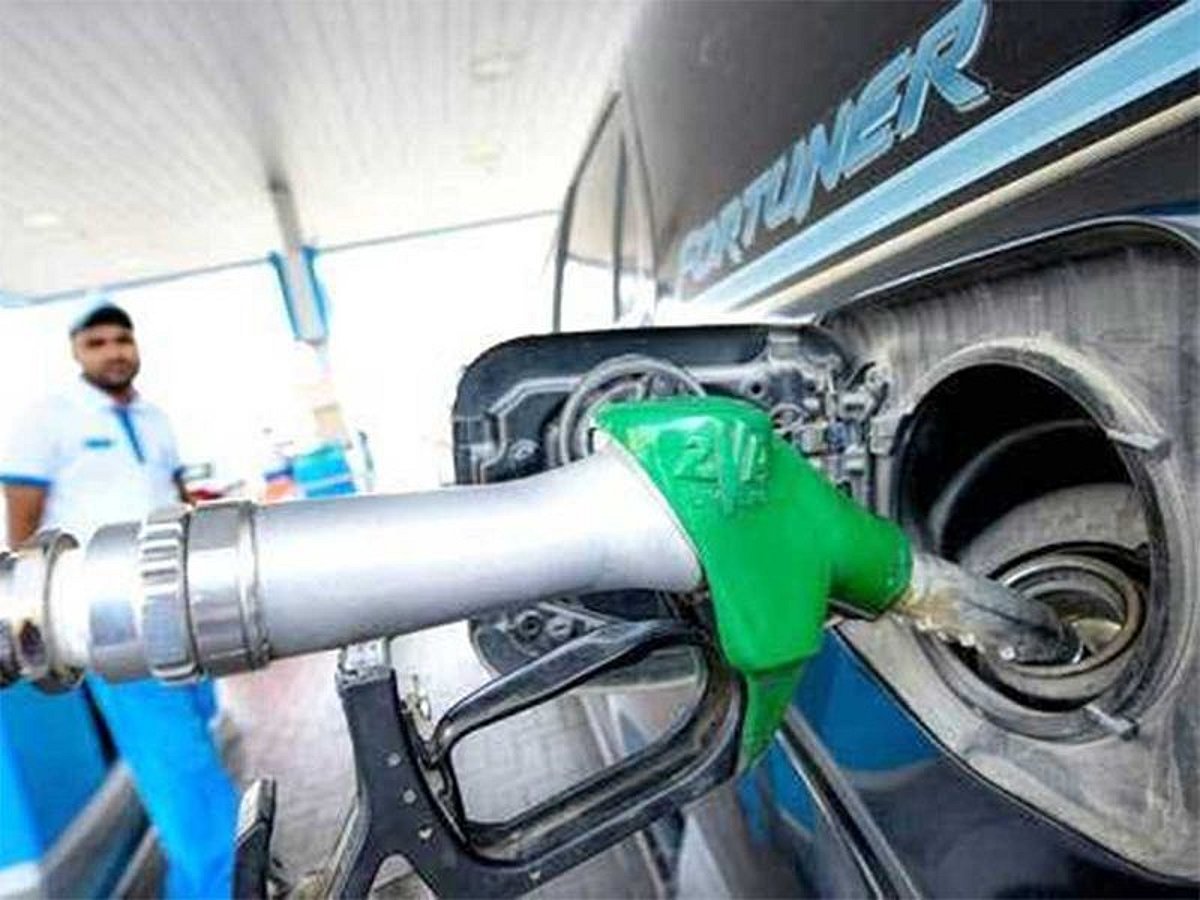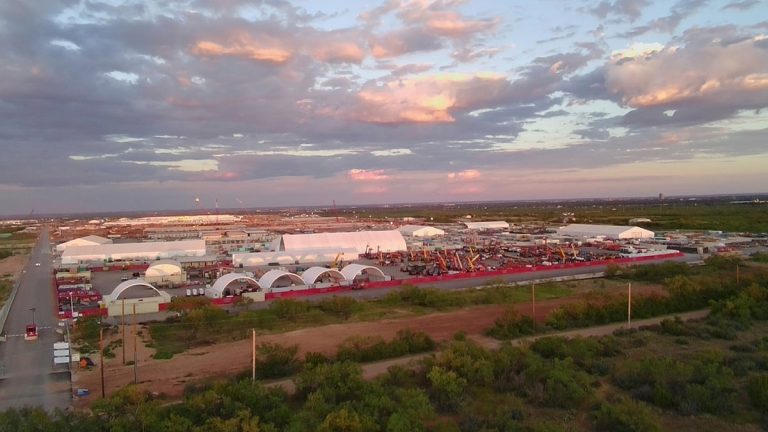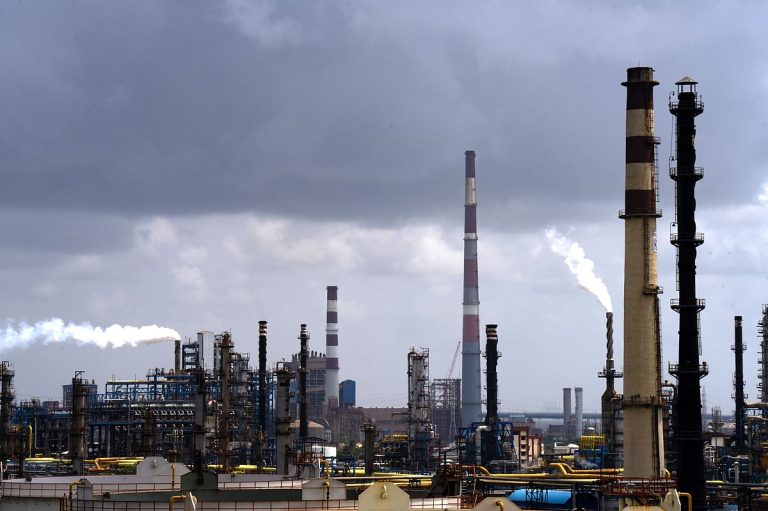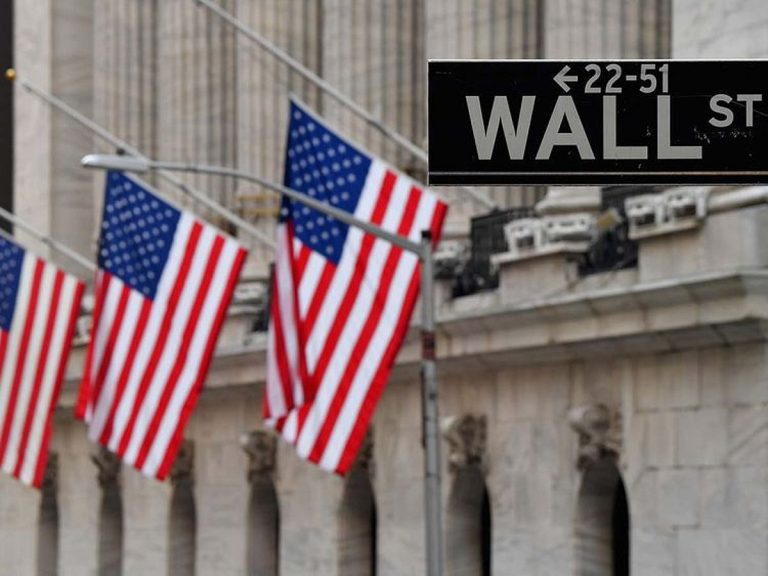November Fuel Price Outlook for UAE Motorists
As November approaches, UAE motorists are eagerly awaiting the announcement of fuel prices, hoping for a reprieve after the increases seen in October. Recent fluctuations in global oil markets, influenced by geopolitical events and economic forecasts, have created uncertainty regarding the direction of fuel costs.
Current Fuel Prices and Trends
In October, fuel prices in the UAE saw a modest increase, with Super 98 petrol rising to Dh2.77 per litre, Special 95 to Dh2.66, and E-Plus 91 to Dh2.58. Diesel prices also edged up to Dh2.71 from Dh2.66 in September. Since the UAE deregulated fuel prices in 2015, these adjustments have closely mirrored global oil trends, increasing when crude prices rise and decreasing when they fall.
Global Oil Market Influences
Brent crude oil prices recently hovered around $65 per barrel, buoyed by signs of improving U.S.-China trade relations following a meeting between President Trump and President Xi. Analysts suggest that this optimism could enhance economic activity and bolster oil demand. However, the market was also shaken by new U.S. sanctions on major Russian oil producers, which led to a significant spike in prices and the largest weekly gain since June.
The sanctions have shifted market expectations, with traders now anticipating tighter supply. This has resulted in a market condition known as “backwardation,” where current oil prices exceed those for future delivery, indicating short-term price strength.
Future Price Predictions
Despite initial expectations for lower fuel prices, analysts are now cautioning that motorists may not see significant reductions in the near term. The recent sanctions have altered the outlook, suggesting that prices could remain steady or even rise slightly. As one analyst noted, the impact of these sanctions may soon be felt at the pump, depending on how long the current market conditions persist.
Economic Implications
The ongoing fluctuations in oil prices have broader implications for the UAE economy. With U.S. crude prices recently dipping below $57 a barrel, the potential for sustained high fuel prices could affect consumer spending and overall economic growth. If supply remains constrained, it is likely that fuel prices will hold firm as we move into November, leaving little room for cuts.
FAQs
What factors influence fuel prices in the UAE?
Fuel prices in the UAE are primarily influenced by global oil prices, geopolitical events, and market demand. The country’s deregulated pricing system means that adjustments are made monthly based on these factors.
How often are fuel prices adjusted in the UAE?
Fuel prices in the UAE are adjusted monthly. The Ministry of Energy and Infrastructure announces the new prices at the beginning of each month, reflecting changes in global oil markets.
What should motorists expect for November fuel prices?
Motorists may face steady or slightly higher fuel prices in November due to recent geopolitical tensions and sanctions affecting oil supply. Analysts suggest that significant drops in prices are unlikely in the immediate future.
Conclusion
As the UAE prepares to announce fuel prices for November, the outlook remains cautious. While global oil market dynamics have shifted, leading to potential price stability or increases, motorists should stay informed about upcoming changes. Monitoring these developments will be crucial for understanding how fuel costs may evolve in the coming weeks.
The UAE’s fuel pricing system is unique in the region, as it allows for monthly adjustments based on international market conditions. This approach was implemented to encourage energy efficiency and reduce consumption, aligning with the country’s broader economic diversification goals. As a result, fluctuations in global oil prices not only impact motorists but also influence the overall economic landscape, including inflation rates and consumer behavior.
In addition to geopolitical factors, seasonal demand can also play a role in fuel pricing. As the cooler months approach, increased travel and tourism activities in the UAE may lead to higher fuel consumption. This seasonal uptick in demand could further complicate the pricing outlook, especially if supply constraints persist. Motorists are advised to remain vigilant and consider alternative transportation options or fuel-efficient practices to mitigate the impact of rising costs.
Also Read:
Gold Prices Fall in Dubai Amid Global Market Changes







